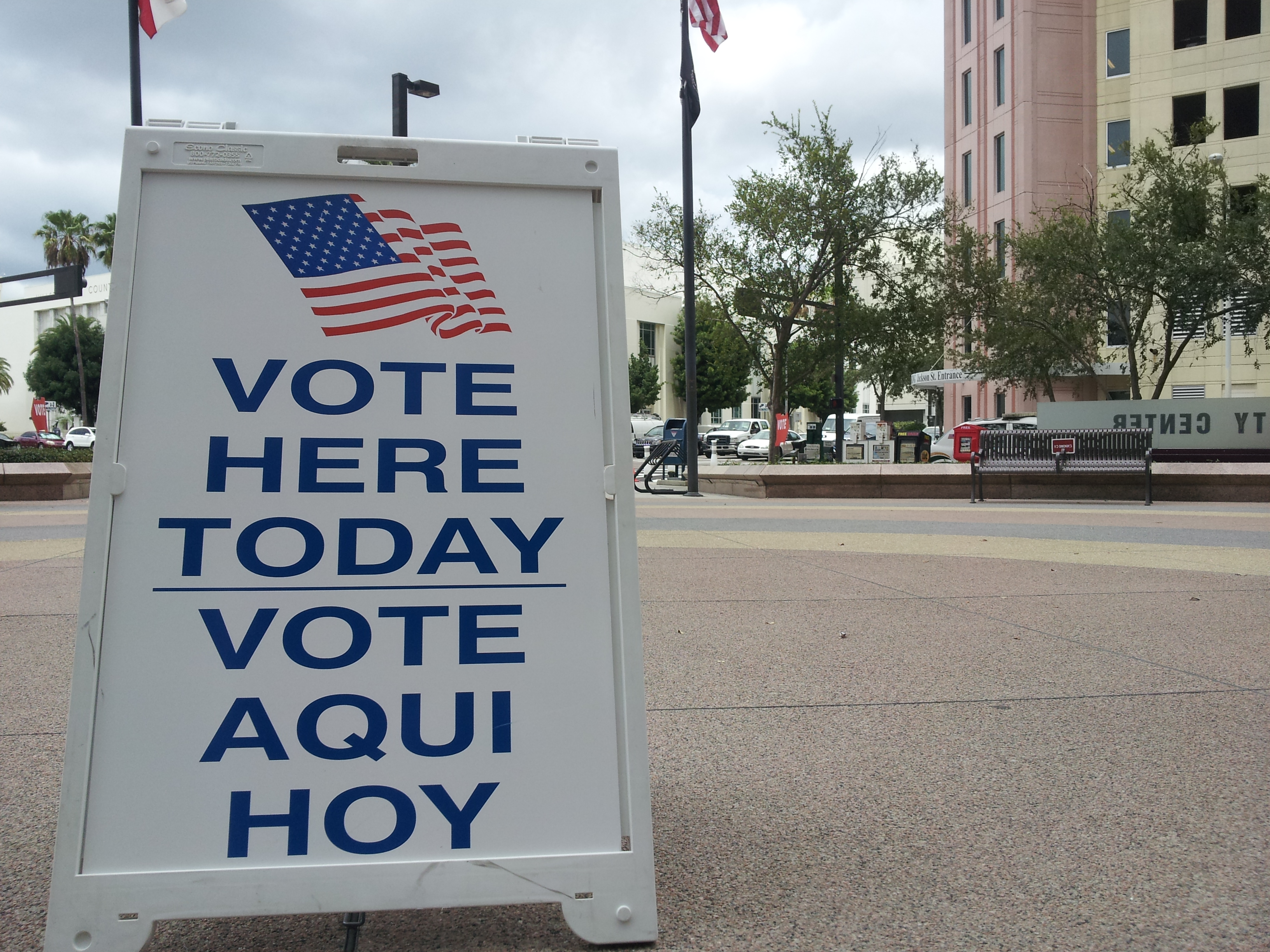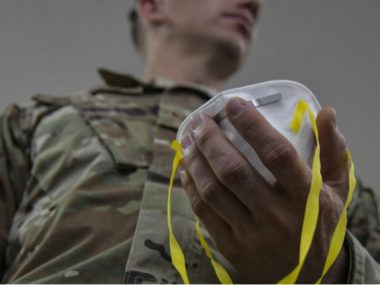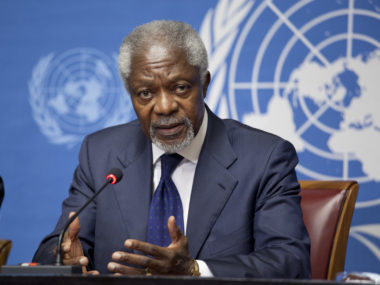Guest post by Zoltan Hajnal

It appears that violence in Ferguson is fading away. That is certainly a welcome development. But before the eyes of the media and the attention of the public shift to the next pressing issue, we should use this opportunity to think about reforms that can prevent future Fergusons. A solution that is easy to legislate and remarkably effective is readily available
There are many factors driving the anger in Ferguson. But the fact that African Americans had almost no representation in city government shaped almost everything that happened in that Missouri suburb. The figures are stark. Blacks represent two-thirds of the city population, yet the mayor, five of six city council members, six of seven school board members, and 50 of 53 police officers are all not black.
Ferguson is not alone on this front. Across the nation, racial and ethnic minorities are grossly underrepresented in city government. African Americans make up roughly 12 percent of the population but only 4.3 percent of city councils and 2 percent of all mayors. The figures for Latinos and Asian Americans are even worse.
By simply changing the timing of local elections we could radically alter who votes, who wins office, and the types of policies that local governments pursue. My research[1] demonstrates that moving from stand-alone local elections – the system that is in place in Ferguson – to on-cycle elections which occur on the same date as statewide and national contests has the potential to dramatically increase the number and representativeness of the local voting population. By moving the dates of local elections to coincide with statewide primaries or general elections, it becomes almost costless for voters who participate in higher turnout statewide elections to also vote in local elections – they need only check off names further down the ballot.
The data are unequivocal. Across the nation, turnout in cities with on-cycle elections is, all else equal, almost double that of turnout in cities with off-cycle elections. With one small step, we could move from local elections with a tiny and generally unrepresentative electorate to elections with broad and significantly more representative participation. Given that the vast majority of cities currently hold off-cycle elections, the potential to expand participation is enormous.
All of this has critical ripple effects for minority representation in office. Higher turnout cities elect city officials who are much more representative. My analysis shows that increasing turnout could eliminate up to a third of the underrepresentation of minorities on city councils and in the mayor’s office.
There are also downstream effects for what local government does. Cities with higher turnout and greater minority representation tend to enact policies that are more in line with racial and ethnic minority preferences. In particular, higher turnout is associated with greater social welfare spending and greater hiring of minorities in city government.
Coming back full circle to Ferguson, my research with Jessica Trounstine of UC Merced shows that these kinds of changes can reduce black frustration. Our analysis[2] of local surveys and U.S. Census data shows that African Americans are generally less happy than whites with the performance of their city governments. But those same surveys show that when local governments spend more on social welfare and hire more African Americans, black dissatisfaction declines and blacks become as happy as whites with local government.
In most cities, a simple municipal ordinance would suffice to change the timing of local elections. In fact, cities change their electoral timing regularly. A survey in California found that more than 40 percent of cities in that state had made a change in the timing of municipal elections in recent years. States can also get involved. Arizona has already passed legislation mandating that many of its cities hold local elections that coincide with statewide contests. Citizens can also get involved. In states with direct democracy, we could put local election timing on the statewide or local ballot.
What makes timing even more appealing as a policy lever is that there are strong incentives – in addition to increasing participation and minority representation – to switch to on-cycle elections. Indeed, the primary motivation for this move has usually been cost savings. In most states, municipalities pay the entire administrative costs of stand-alone elections but only a fraction of the costs of on-cycle elections. The city of Concord, Calif., for example, estimated that the cost of running a stand-alone election would be $58,000—more than twice as much as the $25,000 estimate for running an on-cycle election.
Entrenched office holders will probably resist this reform. But the change is too simple and too powerful to be ignored. With a small, cost-saving measure we could do much to prevent future Fergusons from erupting all around the country.
Zoltan Hajnal is professor of political science at the University of California, San Diego and author of “America’s Uneven Democracy: Race, Turnout and Representation in City Politics” (Cambridge University Press).
[1]“America’s Uneven Democracy: Race, Turnout and Representation in City Politics” (Cambridge University Press). http://www.amazon.com/Americas-Uneven-Democracy-Representation-Politics/dp/0521137500[2] Hajnal, Zoltan L. and Jessica L. Trounstine. 2013. Identifyig and Understanding Perceived Inequities in Local Politics. Political Research Quarterly 66 (2). http://prq.sagepub.com/content/67/1/56







3 comments
Before proposing solutions which increase the irrational components of elections, it might be interesting to find out _why_ 94% of the Black population of Ferguson did not care to vote in the most recent election.
On-cycle municipal elections are an undisputably good idea. However they have little to do with what happened in Fergeson. The problem there is that the police departments investigate the killings that their own officers do. Police killings need to be investigated by someone independent of the department the officer works for.